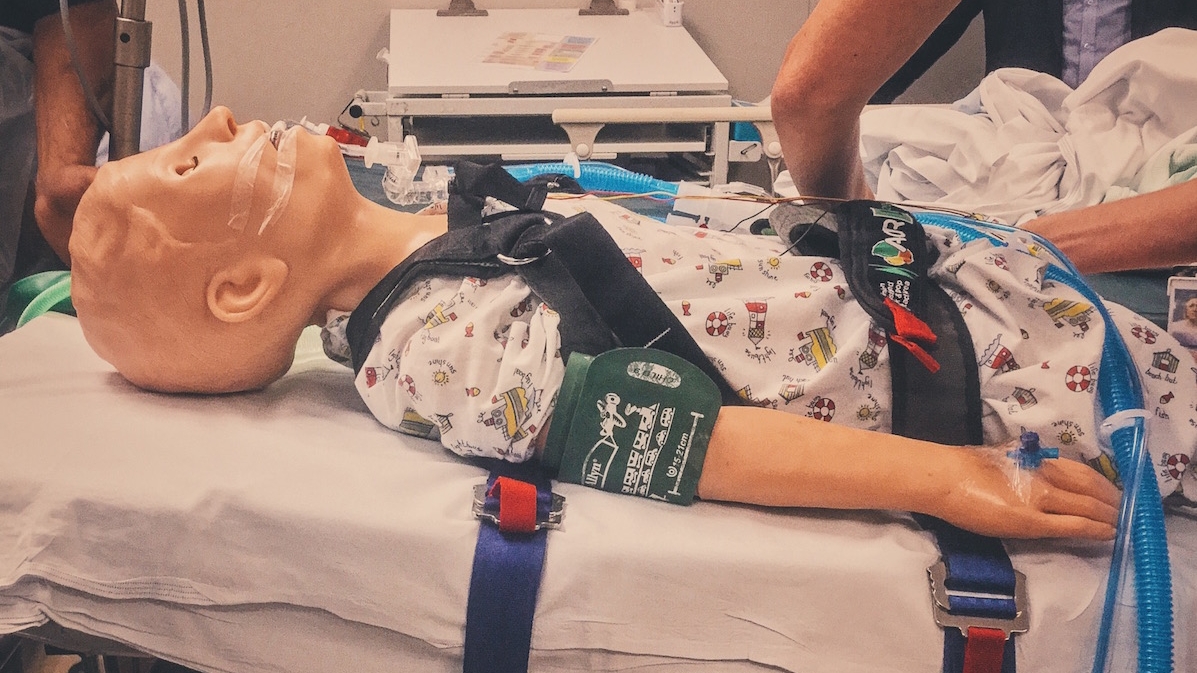MDT Handover
“The single biggest problem in communication is the illusion that it has taken place.”
We have a podcast from Leicester Royal Infirmary's Emergency Frailty Unit IPE session on MDT handovers. There is also some discussion around quality improvement (which is also relevant to the current FRCEM curriculum).
The Audio
Why is Handover Important?
Better communication improves patient outcome and there is often a degree of variability in how handover occurs. By its very nature the frailty unit involves MDT working and it is important to know which teams are involved and what they have achieved.
Methods
Establish current practice: time and mechanism of handover – audit: who, what, where, how often?
Which factors affect it – consultant preference for example
Introduction of an intervention
Best Practice (Standard)
Establish the Basics:
Liaison between the team about best time of day
What informal handovers take place currently?
Outlined Requirements:
Full MDT to attend: Senior Geriatrician, Junior Doctor, nurse Co-ordinator, Physio, OT and PCC
To discuss every patient, ?1 minute each
Intervention
Senior Team (consultant) requested all Geriatricians take part
Buy in from the juniors and ward staff established to ensure they prompt it to take place
Results
Handover became more frequent and better attended (there was some lack of standardisation on data collection)
Standardisation of time and venue makes it easier for people to attend
Recommendations
- Aim for 2 handovers / day
- Further audit
ED Pitfalls:
This concept can be applied to to other settings in the ED, for example the use of huddles in Majors (see the video below).
ED Consultant at Leicester Royal Infirmary, Dr Ffion Davies, discusses the 'Huddle' in the Majors area. This is a multidisciplinary activity with everyone involved with patients in ED so that everyone knows what each is doing.
Clinical Lead for the Acute Frailty Network & Geriatric Consultant at Leicester Royal infirmary, Professor Simon Conroy, discusses the structure and merits of holding multi-disciplinary team meetings for quick decision-making.
ED Consultant at Leicester Royal Infirmary, Pro Mukherjee, briefly defines the SBAR terms and explains how healthcare practitioners can use it communicate effectively within the Emergency Department.


















